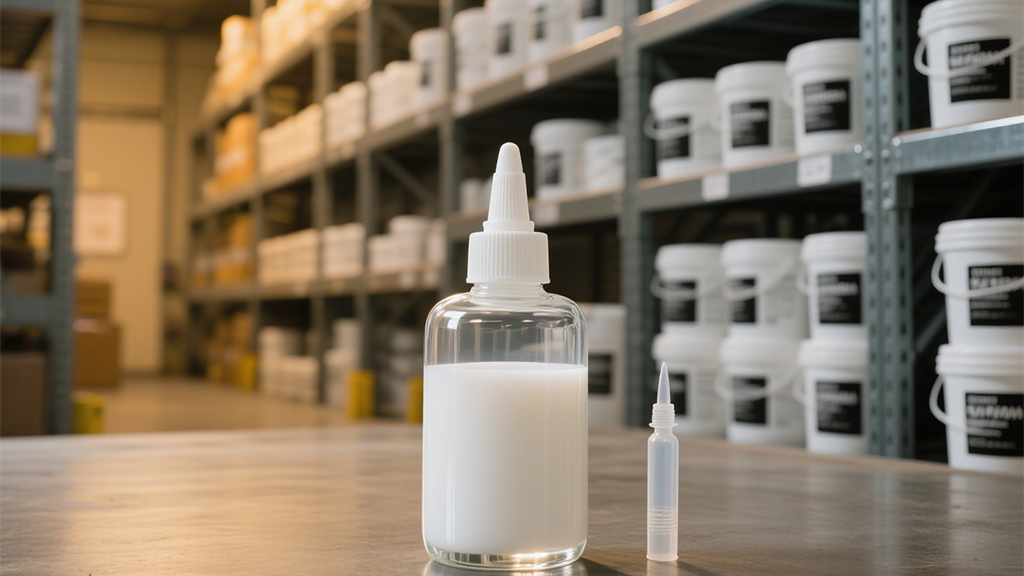Водные акриловые клеи с ПАВ для электроники представляют собой водные акриловые клеи, чувствительные к давлению, специально разработанные для применения в электронных устройствах и компонентах, обеспечивая надежное склеивание, электрическую изоляцию и защиту от воздействия окружающей среды (влаги, пыли), при соблюдении строгих отраслевых стандартов чистоты и производительности. Эти клеи используются в таких приложениях, как склеивание модулей дисплеев (экранов с рамками), крепление гибких печатных плат, фиксация аккумуляторов и установка компонентов в смартфонах, ноутбуках и носимых устройствах. Основные требования включают низкое газовыделение (для предотвращения загрязнения чувствительной оптики или электрических контактов), поскольку летучие соединения могут вызывать запотевание или коррозию, что достигается использованием высокочистых мономеров и минимизацией добавок, которые могут деградировать и выделять газы. Электрическая изоляция является критичной — составы разработаны так, чтобы иметь высокое объемное сопротивление (>10¹⁴ Ω·см) для предотвращения короткого замыкания, при необходимости добавляются наполнители, такие как диоксид кремния или оксид алюминия, чтобы улучшить диэлектрические свойства. Адгезия к различным электронным основам (стекло, пленки из пластика, металлы, керамика) оптимизирована за счет выбора мономеров: полярные мономеры (например, акриловая кислота) улучшают склеивание с основами с высокой поверхностной энергией (стекло, металл), в то время как неполярные мономеры (например, акрилат 2-этилгексила) улучшают адгезию к пластикам с низкой поверхностной энергией (ПЭТ, ПП). Стойкость к нагреванию является важной характеристикой, поскольку электроника может подвергаться повышенным температурам во время работы или пайки оплавлением; составы включают термостойкие мономеры и сшивающие агенты, чтобы сохранять адгезию при температурах 80–120°C. Низкий модуль (гибкость) позволяет клею компенсировать тепловое расширение/сжатие различных материалов (стекло, пластик, металл), предотвращая образование трещин в компонентах от напряжения. Чистота обеспечивается фильтрацией составов для удаления частиц размером >5 мкм, чтобы избежать царапин на чувствительных поверхностях (дисплеи, линзы). Эти клеи также разработаны так, чтобы быть совместимыми с автоматизированными процессами сборки, обеспечивая стабильную вязкость для точного нанесения (шелкография, вырубка). Их водная основа снижает воздействие растворителей на рабочих, улучшая безопасность на рабочем месте, при этом соблюдая стандарты RoHS и REACH по запрещенным веществам. Эти свойства делают водные акриловые клеи с ПАВ незаменимыми в производстве электроники, обеспечивая баланс между производительностью, безопасностью и совместимостью с чувствительными компонентами.
